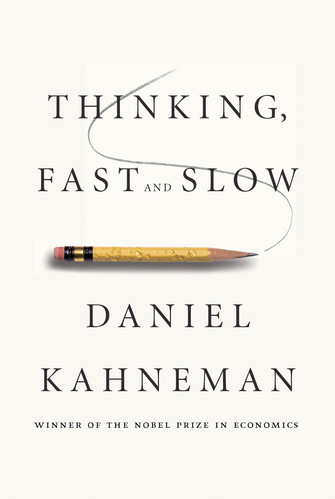Mind Change: How Digital Technologies Are Leaving Their Mark on Our Brains by Dr. Susan Greenfield
In this work, Susan Greenfield provides a critical service to modern society. She does an extremely thorough job of reviewing the current science regarding the impact digital technologies are having on our brains. Despite her background as an accomplished neuroscientist, she succeeds in writing a book that is easily accessible to the layperson. This is a must read for parents, educators and anyone concerned about the impact of digital technologies.
Dr. Greenfield’s research and reasoning provide a critical, scientific framework for PaleoEducation. This logically appealing idea can best be summed up in three parts:
She pays particular attention to the impacts of social media, video games, the internet, and screens in general, and the alarming ways in which these abundantly available technologies are reshaping the way young people think and interact with each other. She paints a shocking picture of the “digital native” who is now more than at any time in human history lacking empathy, showing decreased levels of mental maturity and cognitive development, is increasingly unable to control emotions, and is exhibiting anti-social tendencies.
Interestingly, Dr. Greenfield’s work has come under plenty of fire. Her basic premise is beyond question. It is surprising that anyone would spend time trying to refute it, rather than working to mitigate the effects she so adroitly describes. What is not surprising, though, is that her critics tend to be those who have written extensively on the benefits of modern technology. They call her research into question. Anyone examining the endnotes will find this notion preposterous. In short, the ideas of her critics can generally be summed up in another three part framework:
Worse is the fact that she has been accused of “scaremongering.” More Orwellian this could not be. Her critics go out of their way to make us afraid of her findings. Her findings might make parenting, teaching and life in general a little less convenient. Therefore, her critics, say, we should reject them as the most contemptible evil. What should be rejected is the idea that having an informed, lively discussion about this topic is too much to bear.
Dr. Greenfield’s work warns of the unforeseen dangers of this digital age that are becoming too obvious to ignore. This warning is absolutely critical for educators and parents alike as we attempt to navigate teaching and parenting in the midst of digital landmines. Understanding the cognitive deficiencies modern students have is key to being able to counter them in both the classroom and at home. This makes Mind Change an incredibly important work for those trying to shape the minds of young people.


